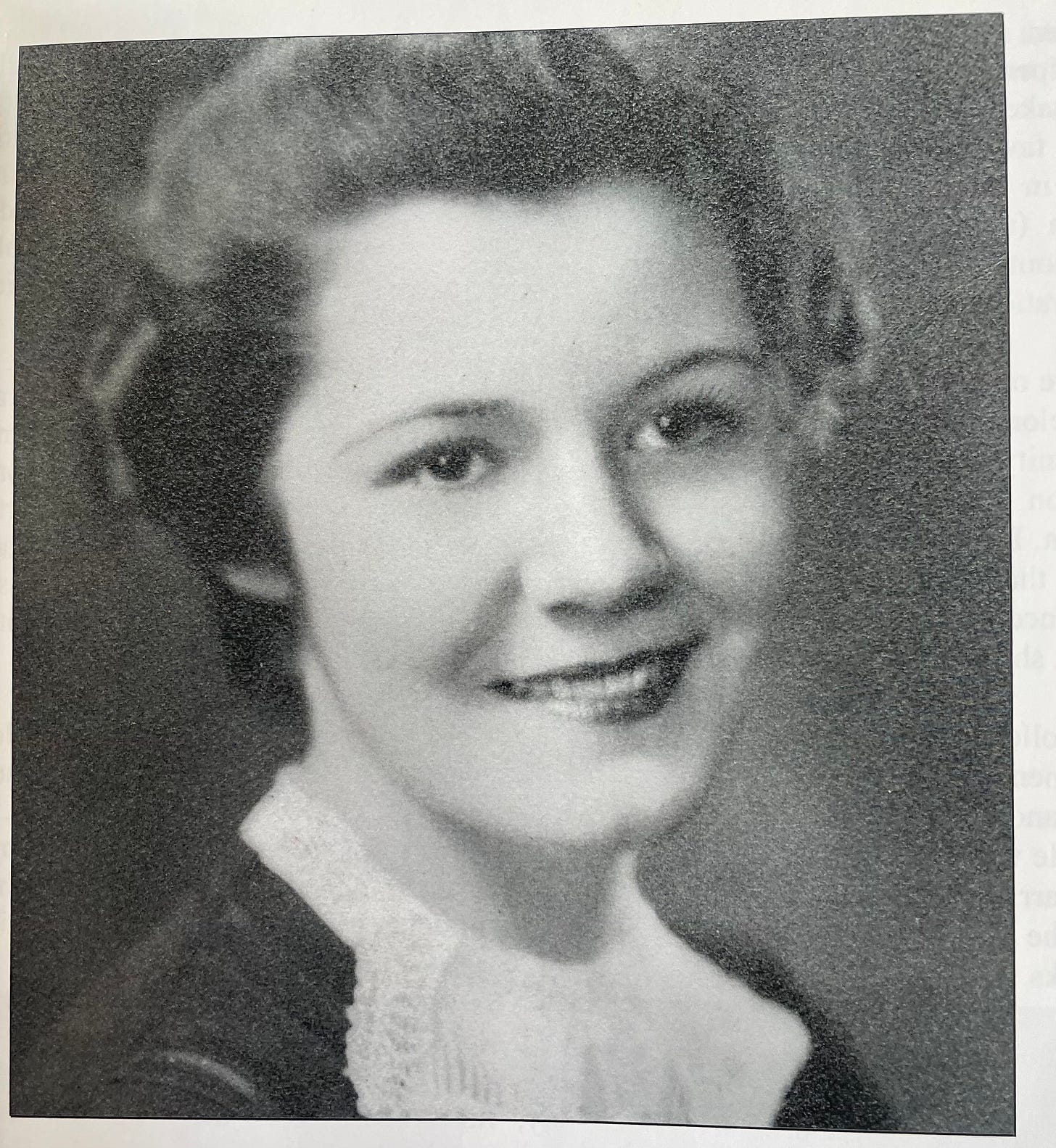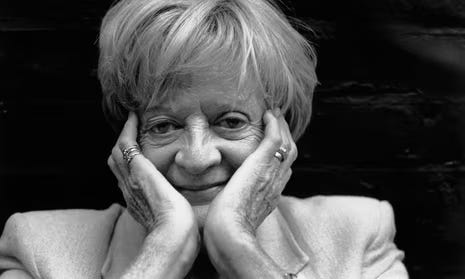POP CULTURE SPIRIT WOW
The thing about being born into a family is that there’s so much that you don’t know. Who were your parents before they had you? What did they want? What were their dreams?
The moment that you begin to realize your parents had a life before you, and in fact were children just like you, is a kind of mind blowing moment. But even so, that awareness can only take you so far. Your family’s past always exists to a large extent as some prior and mysterious continent to which there is no longer any bridge.
I don’t think I realized the extent to which this was true until I first moved to New York City in 2004. The Jesuits had a community above the magazine that I was going to work at on 56th Street, just down the block from Carnegie Hall. And as it turned out my grandmother Marion had grown up about ten blocks away, in a little railcar apartment above what was now a Starbucks and the Lincoln Center neighborhood of Manhattan.
Every time a family member came to visit, I would take them to that site, and point up to the floor on which she lived with her mother and father and the boarders they took in for extra money. Once when my parents were visiting we found them doing construction in the building, and we were able to sneak up into my grandma’s old apartment itself, and see just how long and narrow it had been.
But otherwise, we would just stand outside looking. There was a sense of us trying to establish some kind of deeper connection, to somehow gain from the red bricks and the dark window something about her time in New York. It was really all we had. She told us about going to Hunter College and getting a degree in education—but nothing about being one of very few women in college at the time. She talked about waiting on Amelia Earhart and Eleanor Roosevelt at Bloomingdale’s. But we grandkids knew really nothing about her New York life. In her 20s she met a soccer player from Scotland, they ending up getting married and moving to Chicago, by the time we were on the scene she’d spent more of her life there in the Windy City than she had in the Big Apple.
But moving to New York, parts of her life unexpectedly fell into place in a new way. For instance, she never learned to drive. That is not normal for Chicago. I never really thought about it, though, probably because to me she was old, and it kind of made sense that old people wouldn’t drive.
But not driving your whole life, that’s pretty normal for New York, especially then, but even today to some extent.
Also, beneath her ready laughter and delight in her family, there was a toughness to her, a capacity to endure that I always thought was just the she way she was built until suddenly I was surrounded by people with a similar steel in their spine and sometimes a stoicism to their exterior. While there are a million different kinds of New Yorkers, and a lot of tenderness, I don’t know that you can survive the constant buffeting of sounds and bodies and angles here without developing a stony layer you can call upon, a gimlet eye with which to consider what is being presented to you, and a sharp tongue at times, too.
I was thinking of that quality of hers, that quiet strength, over the weekend after I heard about the death of actress Maggie Smith. While she had a million different kinds of roles over the years, and always a quick, playful wit, Maggie Smith often seemed to play characters who whether seeming tender or fierce simply would not be run down. As thin and bird-like as she could seem, she had that same inner toughness.
Her strength also had that weathered quality of someone who had seen the heat of the day. Her thick skin was hard won and she refused to let you see beyond it. I think that was part of her power as an actress—you knew there was so much more to her, and yet at best she gave us only glimpses. You can see it in her eyes in photos: There’s so much more to me that I’m not showing you. She was like a jewel that sparkled only when and as she saw fit. And she delighted in it.
I know I’ve used this metaphor before—it’s a favorite: When stars are near death, they start to release elements that will end up being the building blocks of future stars. (We’re talking masses of hydrogen here, not people with perfect figures who live in the Hollywood Hills.)
I think something similar happens with people as they get older—there’s a generosity or kindness and wisdom to them, a way in which they become, without even trying, a source of strength and encouragement. I know my grandmother was that for us.
In the case of Maggie Smith, though, somehow it feels more like a sun going supernova, all the amazing stuff that she was and revealed in brief moments on screen released all at once. We’re left to gawk in wonder—looking like the buffoons she loved to show some (i.e. men) that they were—and to try and soak in some small part of the astonishing fullness of her.
If we imagine her not close like our sun, but somewhere much more remote, very far away, maybe we can continue to bask in her light for a long time yet to come.
Thanks to my Aunt Kathleen for the great photo of my grandmother, and for a whole book of stories about all my relatives.
I’ll be back later this week with more hijinks. Thanks as always for reading!






Thinking like your mom, grandma would love it
What a wonderful article, Jim. I’ve no doubt that Grandma loves the article, also.
Love the comparison with Maggie Smith. ❤️